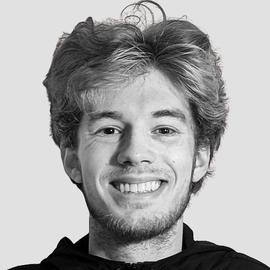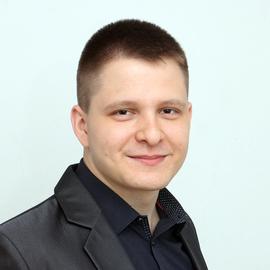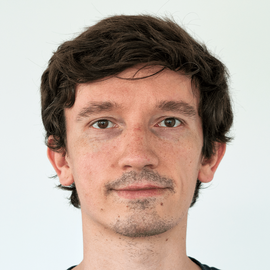Abstract
Learning representations that generalize to novel compositions of known concepts is crucial for bridging the gap between human and machine perception. One prominent effort is learning object-centric representations, which are widely conjectured to enable compositional generalization. Yet, it remains unclear when this conjecture will be true, as a principled theoretical or empirical understanding of compositional generalization is lacking. In this work, we investigate when compositional generalization is guaranteed for object-centric representations through the lens of identifiability theory. We show that autoencoders that satisfy structural assumptions on the decoder and enforce encoder-decoder consistency will learn object-centric representations that provably generalize compositionally. We validate our theoretical result and highlight the practical relevance of our assumptions through experiments on synthetic image data.

PhD candidate
I am an ELLIS Ph.D. student supervised by Wieland Brendel and Thomas Kipf. My research aims to develop a mathematical understanding of key aspects of natural intelligence, such as compositional generalization and building abstract world models, and to leverage these insights to endow machine learning models with similar capabilities.


Principal Investigator (PI)
Wieland Brendel received his Diploma in physics from the University of Regensburg (2010) and his Ph.D. in computational neuroscience from the École normale supérieure in Paris (2014). He joined the University of Tübingen as a postdoctoral researcher in the group of Matthias Bethge, became a Principal Investigator and Team Lead in the Tübingen AI Center (2018) and an Emmy Noether Group Leader for Robust Machine Learning (2020). In May 2022, Wieland joined the Max-Planck Institute for Intelligent Systems as an independent Group Leader and is now a Hector-endowed Fellow at the ELLIS Institute Tübingen (since September 2023). He received the 2023 German Pattern Recognition Award for his substantial contributions on robust, generalisable and interpretable machine vision. Aside of his research, Wieland co-founded a nationwide school competition (bw-ki.de) and a machine learning startup focused on visual quality control.